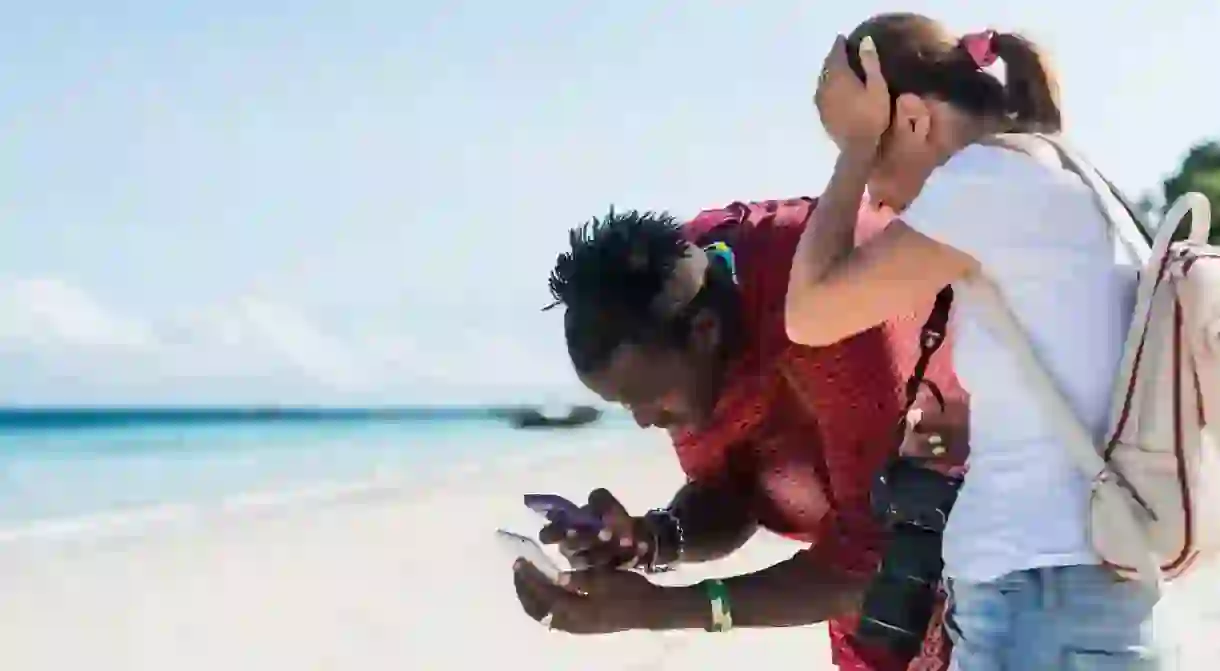Twitter Isn't Recognizing This Language

Swahili is the most commonly spoken indigenous language in Africa. Despite this, the wait for it to be recognized by Twitter is still ongoing, as is the wait for other African languages to be recognized. It is widely acknowledged that Twitter has come to yield a lot of influence in the social media realm over a short period of time.
A good example is the day of the 2016 US presidential elections, when there were more than 40 million election-related tweets sent, proving that Twitter was the largest source of breaking news worldwide. It is, therefore, of little wonder that Kenyans and other African countries feel they too can harness the power of Twitter even further, if only it recognized Swahili and other African languages on its platform.
Twitter is extremely popular with the young men and women of the African continent, as it has become a platform for activism, business, awareness and political accountability, as they readily and effectively communicate their grievances on matters and issues affecting them.
Kenya and other Swahili-speaking countries, through hashtags such as #TwitterRecognizeSwahili and #SwahiliNotIndonesian, have sparked conversation on why Swahili, or any other African languages, have not yet been recognized by Twitter, given the undeniably huge African demographic. These protests seem to have yielded results, as Twitter no longer mistakes Swahili words for Indonesian or Latvian. However, this is still a far cry from recognizing the language on the social media platform.

On Twitter’s website, Swahili is not included amongst the 34 languages with a translation widget function. Even though Twitter now has the ability to translate and detect certain Swahili words, it is by no means recognition of the language. This detection and translation is made possible by a translation cloud service integrated into applications across the web. It is the same one used by applications such as Skype, Windows, and Bing, and is referred to as Microsoft Translator, which has included Swahili since October 2015.
Like all good things, Twitter has to mature further, as it undergoes a natural evolution process that will hopefully become all-encompassing through expanding their localization capabilities as a company. It is worth noting that even companies like Google, for the longest time, did not offer African languages, such as Swahili and Amharic. Some have localized, and now Google and Gmail have Swahili and Amharic options, benefiting close to 100 million people.

That said, Kenyans and the rest of the Swahili-speaking community acknowledge Twitter’s global achievements, in the very least improving the translation aspect of Swahili on the platform. Following Facebook’s example in this regard would not hurt, as the social media giant recognizes several African languages, including Hausa, Afrikaans and Somali.
While on a visit to Kenya and Nigeria, Facebook CEO Mark Zuckerberg hinted at the possibility of additional software for more African languages in a bid to facilitate easy access for more Africans to Facebook. Things do look promising for Swahili from that perspective.
We can only hope that Twitter co-founder and CEO Jack Dorsey is thinking along the same lines. Then Africa can truly keep up with the rest of the world on breaking news and, more importantly, people can get their views on pertinent issues out there, in a language the Swahili audience can understand, follow and use to contribute to the conversation.













